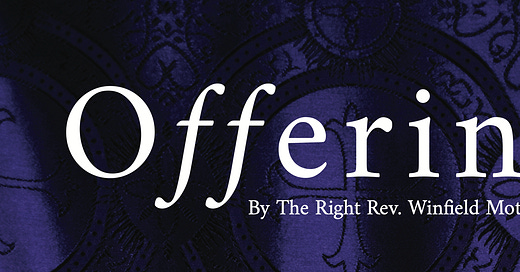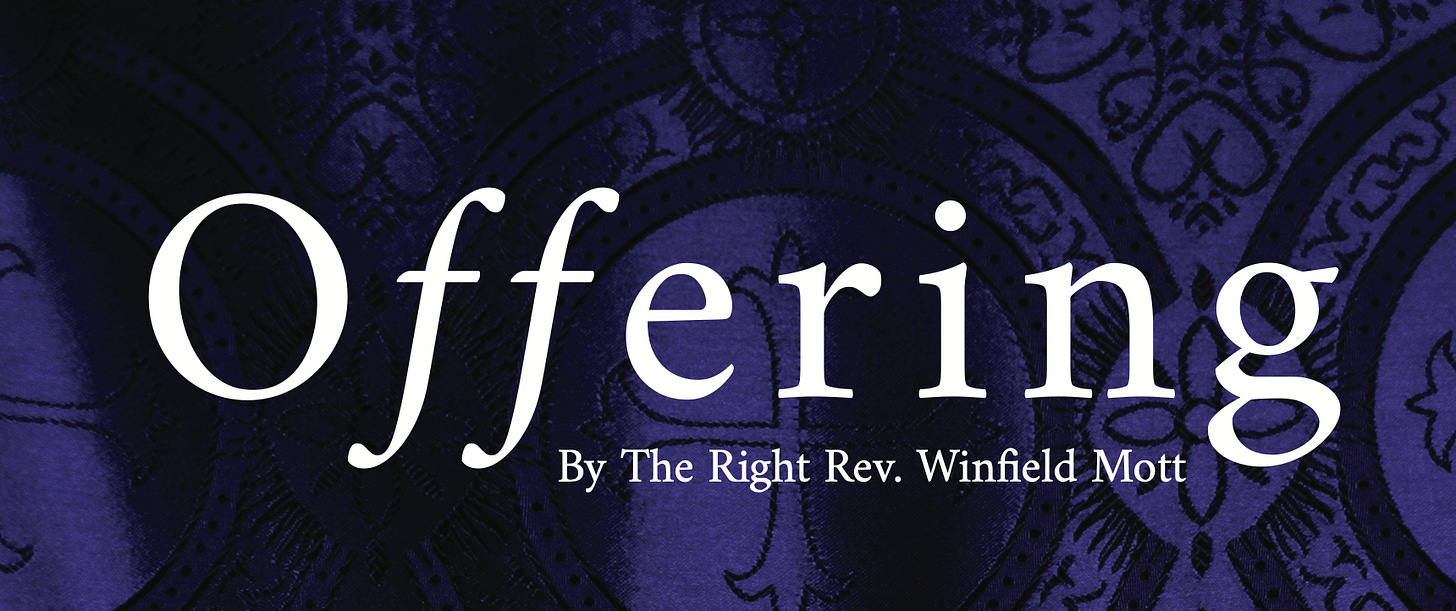Any parent who has ever taken their kids on a car trip will recognize the question. It is, of course, a dumb question, since if you were there, you wouldn’t still be traveling in the car. But that really isn’t the message here. It is instead a complaint that the trip is taking too long, and the complainant has become tired and weary, with patience exhausted.
The Lenten journey to Resurrection can resemble that kind of car trip. What is the point after all? Why am I being denied foods I crave, the body asks? Why am I having to spend extra time at church and made to think more, the mind inquires? Why am I being directed to examine the truth about myself, the soul questions? The more strenuous the fast, the more vulnerable we become. No wonder the Devil chose the forty day severe fast of Jesus as his most opportune time to tempt him. A priest I knew loved ice cream. Lent without ice cream was a cruel torture for him. On Easter, while others feasted on more traditional Pascha dishes, he could be found launched into a mountainous bowl of ice cream.
It is a good time to pause and reset. Lent is not a purpose in itself. Just as Easter without Lent, and especially without Good Friday, simply becomes a mindless party, a trivializing of salvation history into nature’s springtime with a remarkable egg-bearing rabbit. Equally, Lent for its own sake is a depressing dead end. Even worse, some churches, while not calling it Lent, turn the entire year into Lent, a dour observance of joyless legalism bearing no fruits of the Spirit.
In doing a Lenten reset, perhaps the best way to see the essential link between Lent and Easter is to understand that it is a process of offering. This is because it should be understood that the context of all this is love, in particular God’s love. The Church has some explaining to do about this, because that context seems forgotten in the presentation we often hear on the meaning of Lent and even Easter. That presentation goes something like: in the Divine judicial system, Jesus takes a big one for the entire human race, assuming the punishment which must be meted out for sin, which cannot be simply pardoned because Divine justice must be done. Humans can help by doing good and being righteous, even by giving up things for Lent. Through the collective effort of Jesus, the saints and our humble contribution, justice can be satisfied and eternal life eventually bestowed.
But that is not what the New Testament tells us. If you want to truly understand Christianity, know that God is love (1 John 4:7-10). For example, John does not say he is sometimes loving, or that is one of his qualities. He says “God IS love,” his essence, the definition of who he is, is love. Therefore, the whole story is in the context of love. It is not about following the rules (including the Law), or even exceeding them. Nor is self-generated salvation possible. It is Buddhist, not Christian, mythology, that the point is to end life with more good karma accumulated than bad karma. Instead, we are helplessly captive to our sin, with no hope being able to extricate ourselves. God is our sole savior, the only one who can recapture a wayward planet and restore the broken relationship we have with him.
Jesus offers himself on the Cross out of a motivation of love, as the way to achieve salvation for us. It is an “agape” love, a love not generated by our winsomeness, but by the selfless desire of Jesus to do this for us. It is not a juridical process, but rather the way to restore creation, including us, to paradise. We cannot add to the action, it is entirely his and it is fully sufficient for the purpose. We can accept or reject his love, but we cannot improve on it.
Thus, pious activities during Lent are meaningless if done for their own sake. It is only as you can direct them as an offering that they come to have a cogent direction. The crucial point is that the offering is a response to the freely offered love of God for you. It is not a sacrifice which will help you gain salvation, or satisfy some juridical need in the Divine plan. This is why, in St. John Chrysostom’s famous Easter sermon, he is able to assure those who arrive in the Lenten journey at the eleventh hour that they will receive the fulness of the Easter promise, just as those who have been faithful from the beginning. In the context of justice, this seems most unfair, that the most devout and faithful will receive the same gift as those who carried the burden of the whole Lenten mandate.
But in the context of love, we all rejoice with the Father (as in the Parable of the Prodigal Son, Luke 15:11-32), that those who had rejected him have returned, however tardily, to celebrate the feast with those who have always been faithful. Unlike the jealous elder brother, the faithful who react to the father’s love with a loving response of their own, can join in the Father’s joy.
In the Eucharistic process of every week, we bring bread and wine to the Sunday celebration and offer it to God, as a representative of our life during the week. This has been our “liturgy,” defined as all the work we have done, and it is done to be offered, not selfishly hoarded. Grain and grapes are gifts of God through his natural creation, but bread and wine also include the work of mankind in the process. The concept of doing our liturgy during the week is that we take the gifts of God and, using our vocations, do with them what God has mandated for our human species, in order for the planet to thrive, as he intends, and that liturgy is done, again, in the context of his love. In the Eucharistic liturgy, Christ receives the gifts we have offered, and returns them to us with his blessing, now also filled with his own Body and Blood, the real incarnate presence to go with us for the coming week’s liturgy.
In the same manner, we offer the liturgy of Lent, focused on the Way of the Cross and the ultimate goal of Paschal Resurrection. Whatever is helpful in the work of the Lenten liturgy can be included: fasting, charitable work, extra devotions, focus on internal examination of lifestyle and conscience. It is intended to be tailored to each pilgrim’s need. It is not a matter of “giving up” something. Instead, it is a giving freely of yourself, as an offering in response to the loving offering of God given freely for you. All love is sacrificial by definition, since love means a giving of yourself to another. As we contemplate the loving sacrifice of the Cross, given freely for each of us, we offer as best we can, the liturgy of our life. And then, prepared, we share in the eucharistic joy of the Paschal feast.





